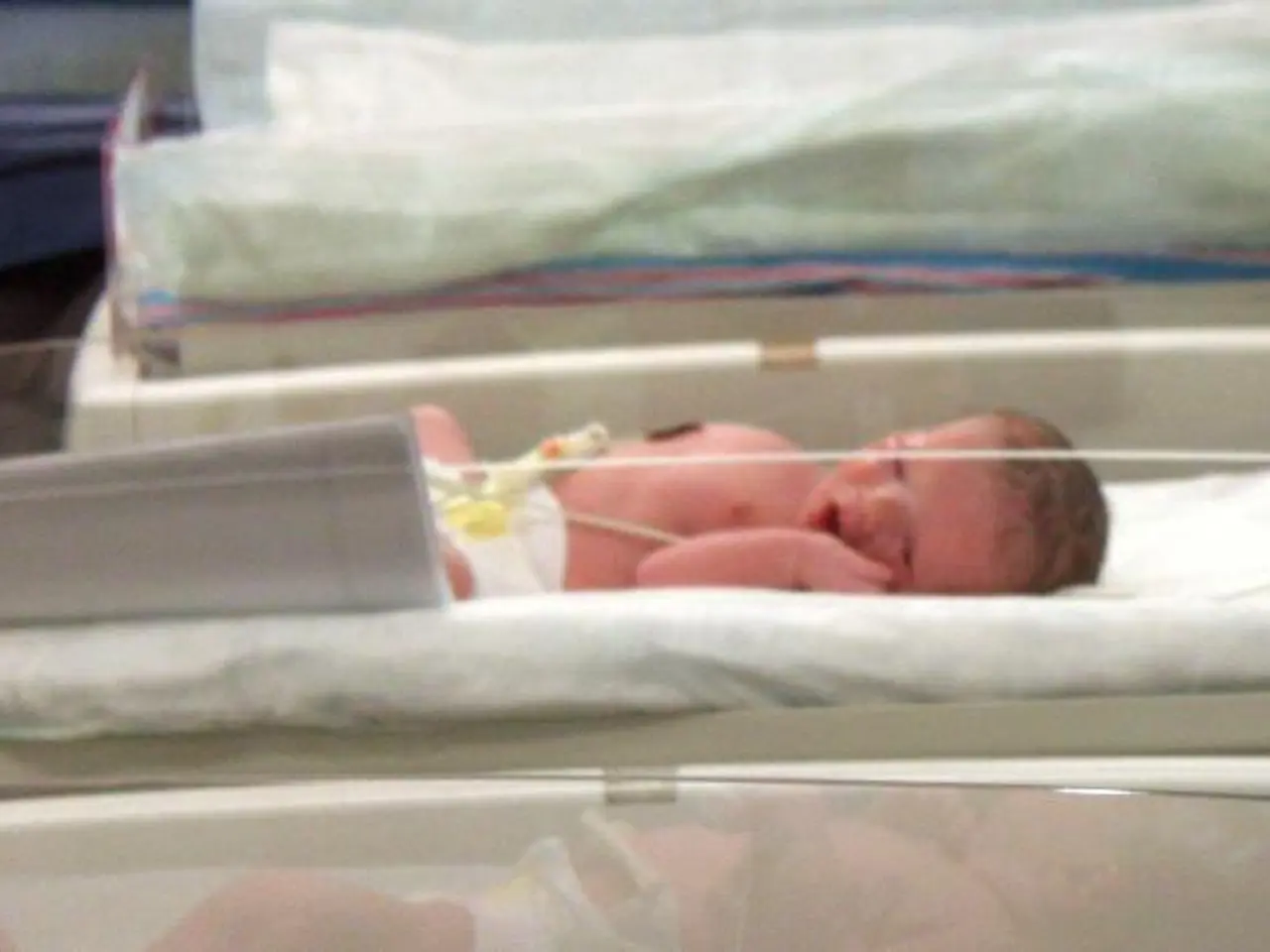Advancing Child Health: Pioneering Safer Childbirth for Every Individual
In a groundbreaking development, recent innovations in maternal and newborn healthcare are making lifesaving care more affordable and accessible in low-income countries. These advancements are transforming the landscape of healthcare, bringing us closer to ending preventable deaths from pregnancy and childbirth.
One of the significant strides is the use of AI-enhanced software on devices, capable of accurately identifying high-risk pregnancies and gestational age. This technology is proving instrumental in early detection and intervention, particularly in hard-to-reach populations where traditional healthcare access is limited.
Remote pregnancy monitoring using wearable devices, such as smartwatches, is another innovative approach. These devices non-invasively track physical activity and sleep patterns to detect early signs of preterm birth risk, enabling early interventions even in remote areas. Partnerships aim to train algorithms specifically with data from underserved communities, reducing bias and improving accuracy.
Strengthening neonatal referral systems and pre-referral care is critical for reducing newborn deaths associated with complications at birth in low-resource settings. Timely access to skilled care and improving the quality of care during referrals in both public and private facilities are essential components of these efforts.
Maternal health equity is also being addressed through programs that promote evidence-based, high-quality care and address systemic barriers like racism and discrimination. For example, increasing hospital participation in Perinatal Quality Collaboratives, which use data-informed quality improvement to reduce maternal mortality and improve outcomes, including in underserved populations.
Innovations in breastfeeding support strategies tailored to women at risk for complications empower mothers with better postnatal care and nutrition knowledge, which is vital for newborn survival in low-income areas.
In the critical period of labor, constant monitoring of vital signs is invaluable, but limited availability of traditional monitors in low-resource regions means many births happen without this fundamental monitoring. Innovators are developing affordable, wireless, and wearable sensors to detect complications and prompt interventions during labor.
Postpartum hemorrhage (PPH) is the world's leading cause of maternal mortality, in large part because blood loss can be difficult to gauge, especially in birth settings with limited resources. A solution to this problem is the PPH drape, a small, inexpensive plastic sheet, which makes it easy to see when interventions are needed for PPH, potentially saving the lives of more than 70,000 birthing mothers every year.
Unmanned drones are being deployed in low- and middle-income countries to deliver critical resources like blood, medicines, and equipment to patients in remote locations. These drones are playing a crucial role in ensuring timely access to essential healthcare resources in areas where traditional transportation methods are limited.
Azithromycin, a common antibiotic, has been found to significantly reduce maternal infections and the risk of sepsis. In the critical period of labor, constant monitoring of vital signs is invaluable, but limited availability of traditional monitors in low-resource regions means many births happen without this fundamental monitoring.
Intravenous iron supplements are another life-saving innovation, capable of preventing iron deficiency anemia during pregnancy in just 15 minutes.
Global efforts of health workers, governments, innovators, funders, delivery organizations, and their partners are ensuring more mothers everywhere are able to experience the healthy cries of their newborn baby, irrespective of where they're born. These efforts are bringing us one step closer to a world where every mother and newborn has access to the best possible healthcare.
- The use of AI-enhanced software in health-and-wellness devices, particularly in women's health, is revolutionizing maternal care in low-income countries, aiding in early detection and intervention of high-risk pregnancies and preterm births.
- Innovations in breastfeeding support strategies, tailored to women at risk for complications, can empower mothers with the necessary postnatal care and nutrition knowledge to ensure newborn survival in low-income areas, contributing to the global goal of equitable women's health.




